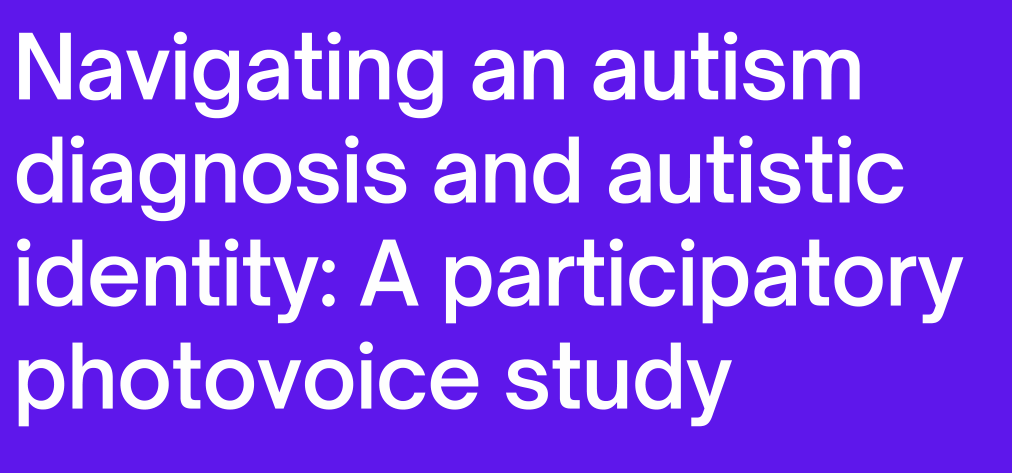News
Khiah Strachan, Network Administrator (STARTS)
Khiah is a former Stirling student that completed her MSc in Autism Research in 2021. Currently, Khiah is the administrator on the Striving to Transform Autism Research Together Scotland (STARTS) network, supporting Dr Eilidh Cage, Dr Monique Botha and Dr Catherine Crompton (University of Edinburgh).
Rhys Swainston, Research Associate
Rhys is a MSc postgraduate working as a Research Assistant alongside Dr Catherine Grainger. He has run two autism-related project looking at the support systems that were available to autistic adults as children and their employability as adults. He is currently assisting on a project that focuses on autism and prospective memory.
Andrew Currie, PhD Student

Andrew is a PhD student at the University of Strathclyde, where he completed his MRes in English studies in 2021. His research focuses on literary narrative processing in autistic adult readers and explores their engagement with literary fiction. He is particularly interested in whether the cognitive traits associated with autism create a unique reading experience for such readers. Andrew is also passionate autism inclusion, advocacy and community participation. He is currently supervised by Dr. Elspeth Jajdelska (Strathclyde), Prof. Nigel Fabb (Strathclyde) and Dr. Catherine Grainger.
Sarah Dantes, PhD Student
About:
Research Interests:
George Watts, PhD Student
George is a part-time PhD student, funded by the ESRC for the project “Understanding experiences of the autistic community for all autistic adults”. Her research aims to identify barriers and facilitators to the autistic community for autistic adults, including those with co-occurring learning disabilities. As an autistic self-advocate, researcher and mum to two autistic children, George is passionate about participatory research. She is supervised by Dr Eilidh Cage, Dr Catherine Crompton (Edinburgh) and Dr Joe Long (Scottish Autism)
INSAR poster: Contextual References as a Mechanism to Support Time-Based Prospective Memory in Autistic Adults
Background:
In everyday life, we often need to ‘remember-to-remember’ to do activities in the future (prospective memory). Some of these tasks need to be carried out at a specific time (time-based prospective memory). Because prospective memory tasks are usually carried out during unrelated everyday activities (ongoing tasks), this kind of ‘memory skill’ is very demanding on our mental resources. For example, successful time-based prospective memory depends on self-monitoring the time while also remembering what needs to be done and when to do it. Research has found that giving people an idea of the context in which a future task will occur, can improve prospective memory accuracy in the general population. Although there is very little research on this topic in autism research, the findings tend to suggest that autistic people commonly experience general difficulties with prospective memory, and particularly have difficulties carrying out plans for future time-based prospective memory activities.
Aims:
The research looked at how context cues might support autistic people to carry out every day time-based prospective memory tasks. The researchers predicted that context cues would improve time-based prospective memory accuracy to a greater extent for autistic people, compared to receiving no context information or receiving incorrect information.
Method:
The study included 62 participants, who were 38 autistic adults and 24 non-autistic adults. Participants were matched on age, gender and general intellectual ability (IQ). All participants first completed a No Context task and then completed a second task with different context information. The ongoing task was to sort words and pictures as either ‘foods’ or ‘non-foods’. Participants also had to keep track of time during the task, by checking an on-screen timer. For the time-based prospective memory task, participants had to remember to press a button when the clock showed 3-minutes. In the Correct Context and False Context conditions, participants were given information on when the target time would happen. The Correct Context cue should help participants to make more accurate prospective memory responses, but the False Context cue would likely show less accurate responses.
Results:
The researchers are still completing their analysis of the data. Their provisional findings suggest that targeted contextual information could help to reduce time-based prospective memory difficulties for autistic adults. They also observed that autistic adults were more vigilant in time monitoring – they checked the clock more often than non-autistic participants. Further analysis is being done to understand if autistic people use time monitoring combined with contextual information as strategies to support prospective memory. These early insights could offer new ways to potentially improving prospective memory and, in this way, support autistic people to live more autonomously in everyday life.
Check out the poster here:










